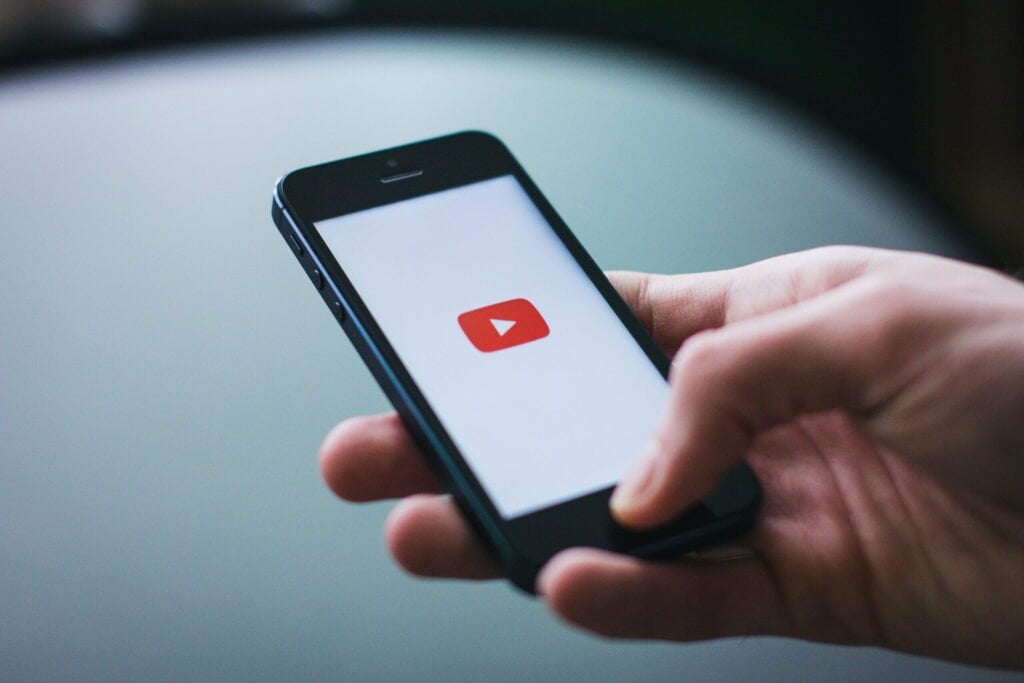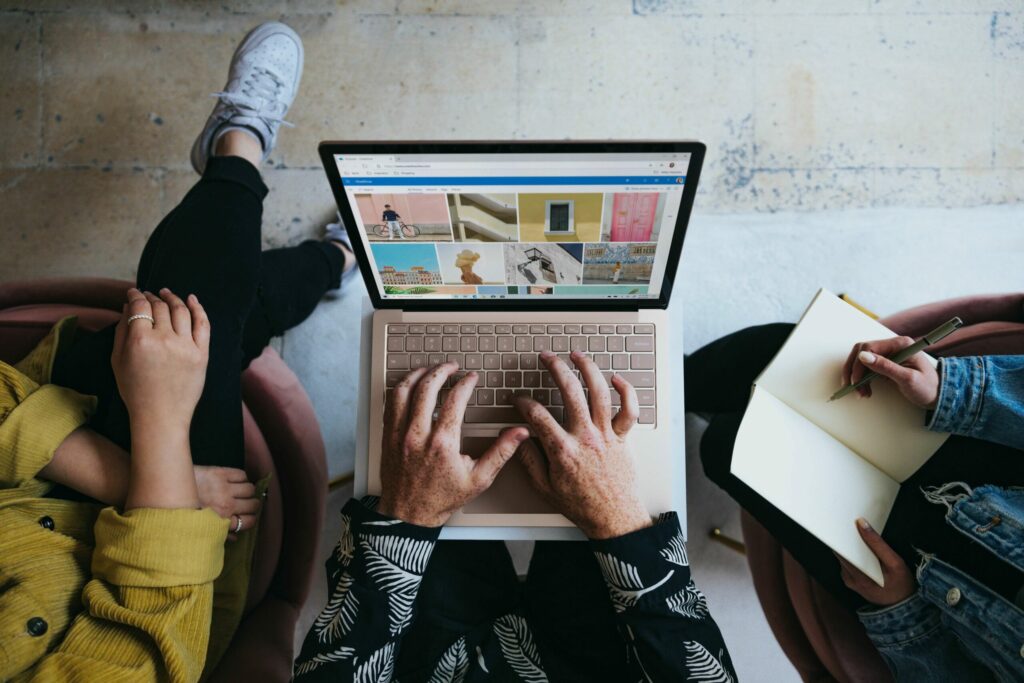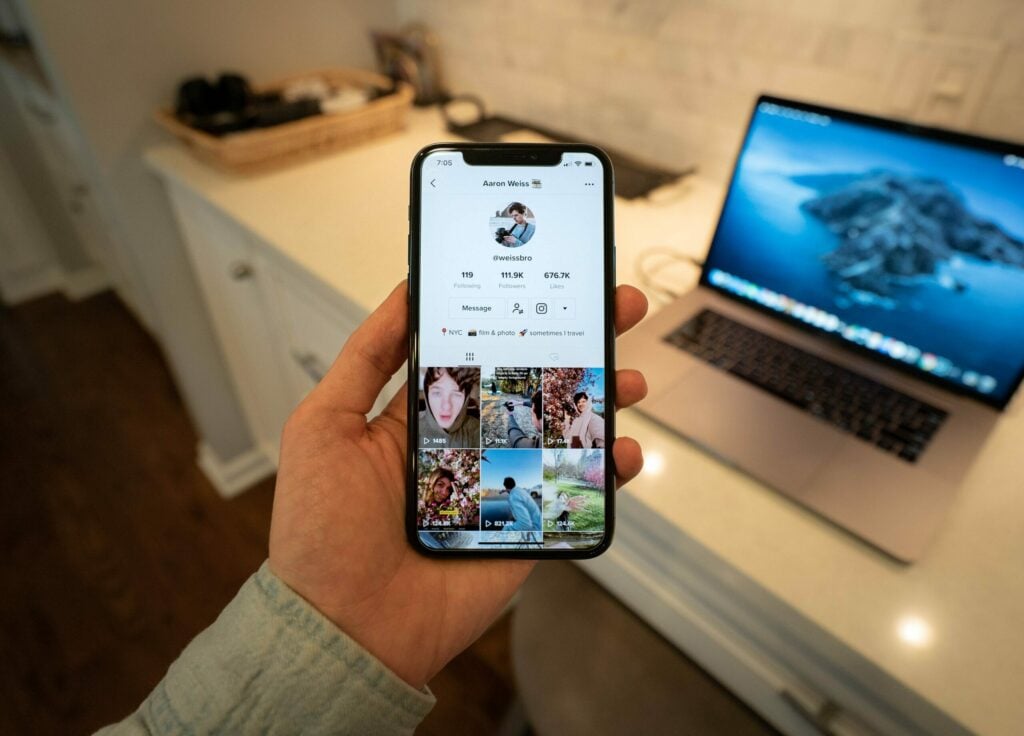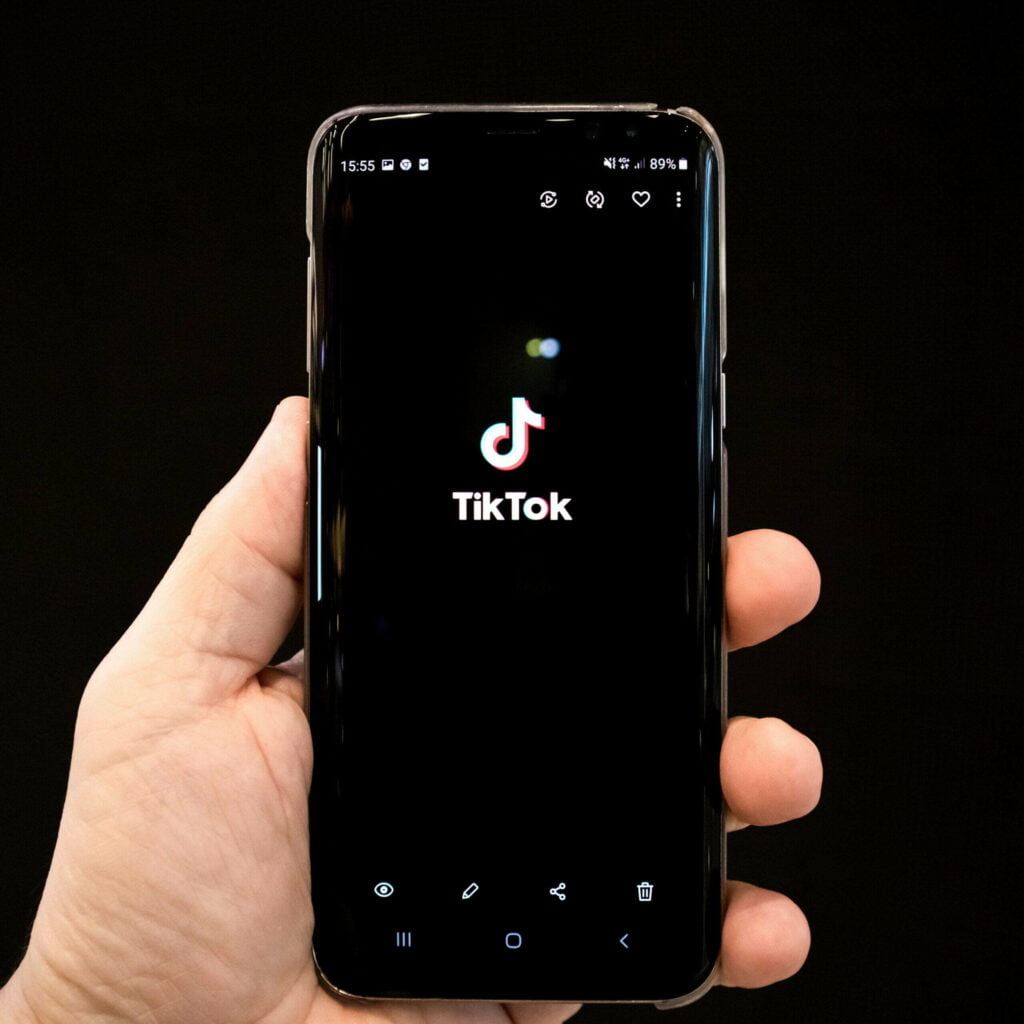Did you know that receiving a copyright claim on YouTube can lead to your video being removed or your channel being shut down? It’s true, mate.
Copyright claims can be a real pain in the arse for creators on YouTube, but understanding what they are and how to deal with them is essential if you want to succeed on the platform.
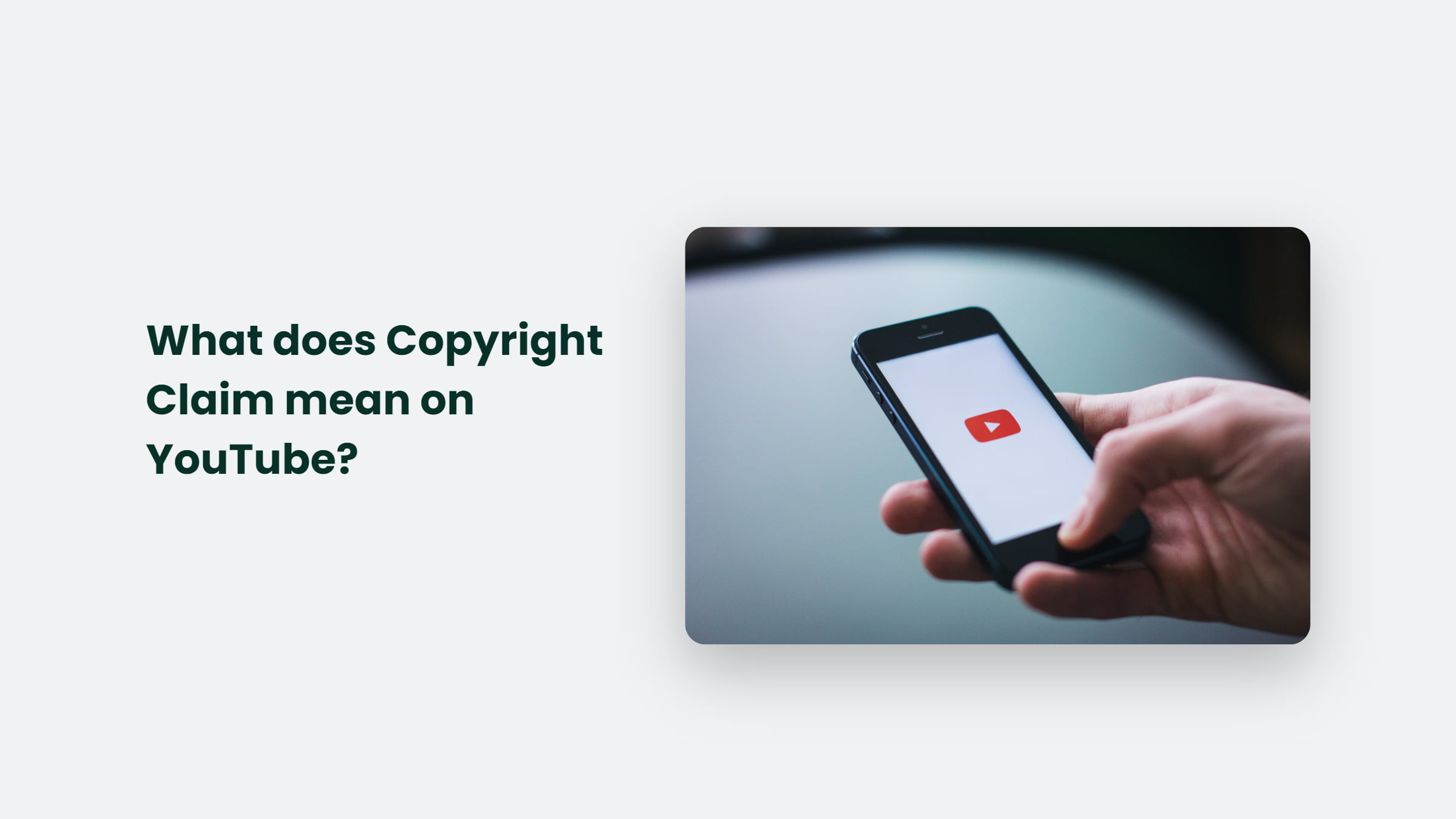
In this blog post, I will break down a copyright claim and how it applies to YouTube. We’ll also cover how to deal with copyright claims and avoid them in the first place. So grab a cuppa and let’s dive in, shall we?
What is a Copyright Claim?
You might think a copyright claim is just a bunch of legal jargon, but it’s important to understand what it means. A copyright claim is when someone, usually the copyright owner, asserts that you’re using their copyrighted material without permission. It can include music, footage, or images you’ve used in your video.
On YouTube, copyright claims are usually handled through the platform’s Content ID system. This system allows copyright owners to upload their copyrighted material and automatically flag any videos that use it without permission.
Types of copyright claims on YouTube:
- Monetization claim: This means that the copyright owner is claiming the revenue from ads on your video.
- Audio claim: The copyright owner is claiming the rights to the audio used in your video.
- Video claim: This means that the copyright owner is claiming the rights to the video used in your video.
- Content removal: This means that the copyright owner is asking YouTube to remove your video.
How to Deal with a Copyright Claim:
Getting a copyright claim on your video can be a kick in the guts, but there are ways to deal with it. The first thing you should do is review the claim and see if it’s valid. If it is, you’ll need to either remove the copyrighted material or reach out to the copyright owner for permission.
You can file a dispute with YouTube if you believe the claim is invalid. This process allows you to provide evidence that you have the right to use the copyrighted material or that the claim is invalid.
It’s important to note that filing a dispute does not guarantee that the claim will be removed, and in some cases, the video may be taken down while the dispute is being reviewed.
To avoid receiving a copyright claim on your video, it’s important to be mindful of the copyrighted material you’re using. It includes music, footage, and images that you’ve used in your video. Here are some tips for avoiding copyright claims on your videos:
- Use royalty-free music and footage: Many websites offer royalty-free music and footage that you can use in your videos without worrying about copyright claims.
- Create your content: Creating your content is the best way to avoid copyright claims.
- Get permission: If you want to use copyrighted material you don’t own, get permission from the copyright owner before using it in your video.
Copyright Law for Creators
Want to know how to protect your content and avoid copyright infringement? Understanding copyright law as it applies to creators on YouTube is crucial. Copyright law gives creators exclusive rights to reproduce, distribute, and display their original works. It includes videos, music, and images you’ve created.
You can register your work with the Copyright Office to protect your content. It will give you the legal right to take action against anyone who uses your work without permission.
The YouTube Creator Studio allows creators to keep track of their videos and manage their channels, including the ability to take legal action against copyright infringers.
There are also tools and resources available for creators to protect their content and avoid copyright infringement. Additionally, the Electronic Frontier Foundation (EFF) offers a Legal Guide for YouTube Creators to help educate creators on their rights and how to protect their content.
The Bottom Line:
In conclusion, understanding copyright claims and copyright law on YouTube is essential for creators who want to succeed on the platform. Understanding what a copyright claim is and how to deal with it can protect your content and avoid having your videos removed or your channel shut down.

